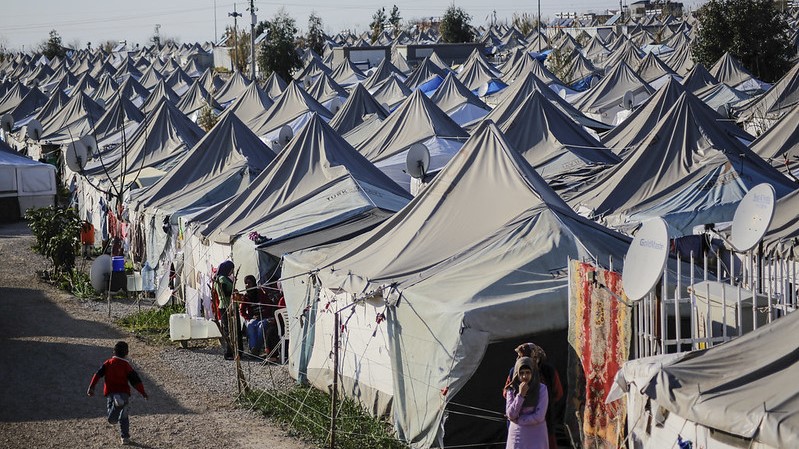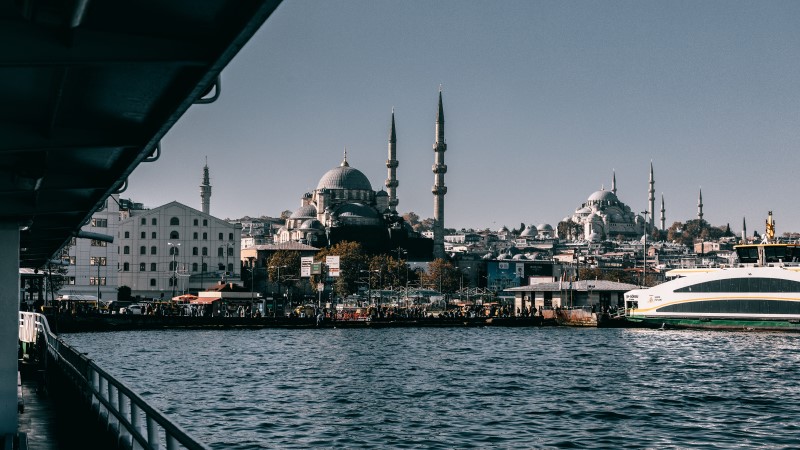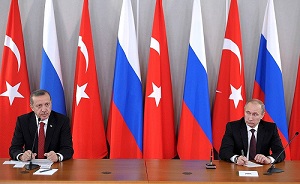Playing with Fire: Turkey’s Social Democrats Turn Against Migrants
By Barış Soydan
September 22, 2021
The AKP government is signaling a retreat from generous immigration policies, which were never disinterested in the first place. But a heavy responsibility falls also on the main opposition CHP, which has opted to exploit xenophobic sentiments – while remaining silent about the exploitation of the migrant workers. Given Turkey’s troubled past of ethnic violence the growing hostility to the Syrian and Afghan refugees, and the political accommodation from left to right of this hostility, is of deep concern. Turkey’s past should have taught the country’s rulers, and those leaders who aspire to rule it, that conjuring an “internal enemy,” against which the nation must defend itself, is a recipe for disaster.

Peker, Politics and the Turkish Mafia: Plus Ça Change?
By Gareth Jenkins
June 3, 2021
The series of videos being posted on YouTube by organized crime boss Sedat Peker has transfixed millions of Turks and fuelled speculation that the country could be facing a repeat of the Susurluk scandal of November 1996.

Turkey and Russia: Aggrieved Nativism par excellence
by Suat Kınıklıoğlu
May 10, 2017
Turkey and Russia have recently both turned to an aggrieved nativism that delegitimizes democratic opposition. This nativism is nationalist, anti-elitist, protectionist, revanchist/irredentist, xenophobic and "macho". Despite three decades of post-Cold War transition both countries have failed to be at peace with themselves; have not been able to adjust to their neighboring regions and come to terms with their respective histories.

Turkish Islamism and Nationalism Before and after the Failed Coup Attempt
By Toni Alaranta
December 1, 2016
The debate on political Islam under the incumbent Justice and Development Party (AKP) needs to fully acknowledge the crucial importance of nationalism as the enduring element of any relevant form of mass politics in Turkey. In the Turkish case, it makes no sense to speak about political Islam distinct from nationalism as an overriding ideological component of modern politics. Just as much as the AKP’s political Islam utilizes religious texts, symbols and traditions, it also utilizes the familiar discourse of nationalism. This process was underway before the failed coup, but it has become more pronounced in its wake.
Mert: The dangerous “hope” of the opposition
Nuray Mert in Cumhuriyet writes that the opposition circles dangerously put their faith in chaos to get rid of the government. It is dangerous to hope that chaos is going to weaken the regime, instead of engaging in a serious struggle for democracy. Not only is an international isolation of Turkey not the solution that the opposition circles think; it will also provoke more extreme reactions from the regime. Which country has so far fared good after its leader was declared a “dictator?” We see what end that has befallen these countries. In such situations, the whole country crumbles together with the regime. None of the paths of the opposition offers any hope for the future: not the extreme nationalism of MHP, with its hostility to the Kurds; not the Kurdish movement, which is only provoking the regime to be more repressive and Turkish nationalist; not the democrats and liberals who simply put faith in anything that they think is going to weaken the regime.




